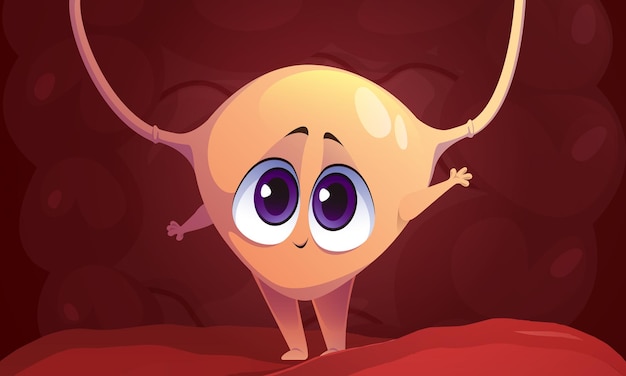Discovering the Unexpected – Fascinating Facts about the Digestive System

Did you know that the average human digestive system is about 30 feet long?
The stomach produces hydrochloric acid strong enough to dissolve metal.
The small intestine is so long that if it were stretched out, it could cover a tennis court.
Your mouth produces about one liter of saliva each day to help with digestion.
The human body can produce up to seven liters of digestive juices every day.
Your digestive system is home to trillions of bacteria, known as the gut microbiota, which help with digestion.
The liver is the largest internal organ in the human body and plays a vital role in digestion.
The gallbladder stores bile produced by the liver and releases it into the small intestine to aid in fat digestion.
Even though the small intestine is thinner than the large intestine, it is actually longer.
The large intestine absorbs most of the water from the undigested food that passes through it.
The appendix, once thought to be useless, actually stores good bacteria that can help replenish the gut microbiota after illness.
The stomach’s lining is protected from the strong digestive acids it produces by a layer of mucus.
Digestion begins in the mouth, where enzymes in saliva start breaking down food.
The esophagus, or food pipe, uses rhythmic muscle contractions to move food from the mouth to the stomach.
The small intestine is where most of the nutrients from food are absorbed into the bloodstream.
Discovering the Unexpected – Fascinating Facts about the Digestive System part 2
The large intestine is home to trillions of bacteria that help break down remaining waste products and produce vitamins.
The digestive process takes about 24 to 72 hours from the time you eat to the time waste is eliminated.
The stomach churns food with its muscles to help break it down into smaller pieces.
Your digestive system can detect the presence of food even before you start eating through the release of saliva and stomach acid.
The pancreas not only produces insulin for blood sugar regulation, but it also produces enzymes to aid in digestion.
The small intestine has finger-like projections called villi that increase the surface area for better nutrient absorption.
Your digestive system can regulate its own acidity levels to create an optimal environment for various digestive processes.
The muscles in the large intestine create waves of contractions, known as peristalsis, to move waste toward the rectum.
The liver not only aids digestion but also helps detoxify harmful substances in the body.
The small intestine is responsible for breaking down proteins, fats, and carbohydrates into simpler forms that can be absorbed.
Your stomach can expand up to four times its original size to accommodate a large meal.
The gallbladder has the ability to concentrate bile, making it more effective in fat digestion.
The digestive system is connected to the nervous system, and emotions can affect digestion.
The large intestine produces vitamin K and B vitamins through the fermentation of undigested carbohydrates.
The digestive system requires energy to function, and the brain uses about 20% of the body’s total energy.
The stomach lining renews itself every few days to protect against the harsh digestive juices.
The smell and sight of food can trigger the release of digestive enzymes and saliva, preparing your body for digestion.
The food you eat undergoes a complex process of enzymatic reactions in order to break it down into absorbable molecules.
The digestive system has its own intricate nervous system, known as the enteric nervous system, which can function independently of the brain.
The stomach can digest almost anything, including bones, thanks to its highly acidic environment.
The small intestine absorbs nutrients through its walls into tiny blood vessels called capillaries.
The colon, a part of the large intestine, helps in the absorption of water and electrolytes from waste before elimination.
The body produces about 7.5 liters of digestive juices each day, enough to fill a standard size sink.
The digestive system plays a crucial role in the body’s immune system, as it is responsible for distinguishing between harmful and beneficial substances.
The average adult’s digestive tract contains around 1.5 kg (3.3 lbs) of bacteria.
The gallbladder can be removed without affecting digestion, as the liver can still produce bile, but fat digestion may be less efficient.
Food can take anywhere from 24 to 72 hours to pass through the entire digestive system, depending on the individual.
The large intestine is responsible for the formation of feces through the accumulation of waste material.
The digestive system works synergistically with the respiratory and circulatory systems to deliver nutrients to cells throughout the body.
The digestive system can adapt to changes in diet, such as increased fiber intake, by altering the composition of gut bacteria and enzyme production.
